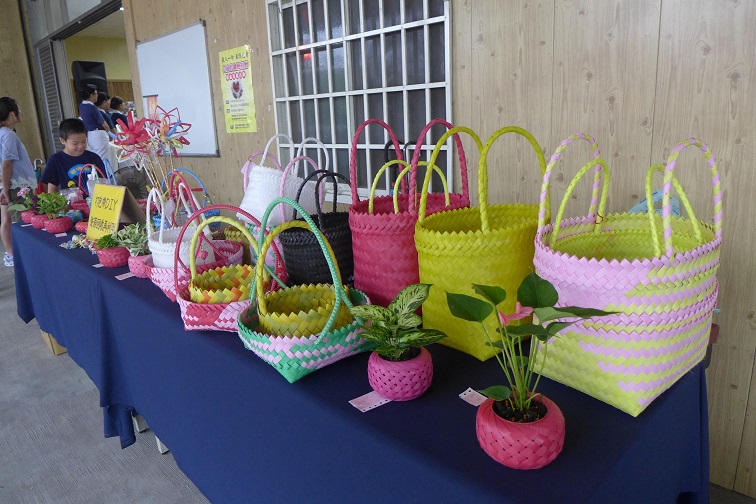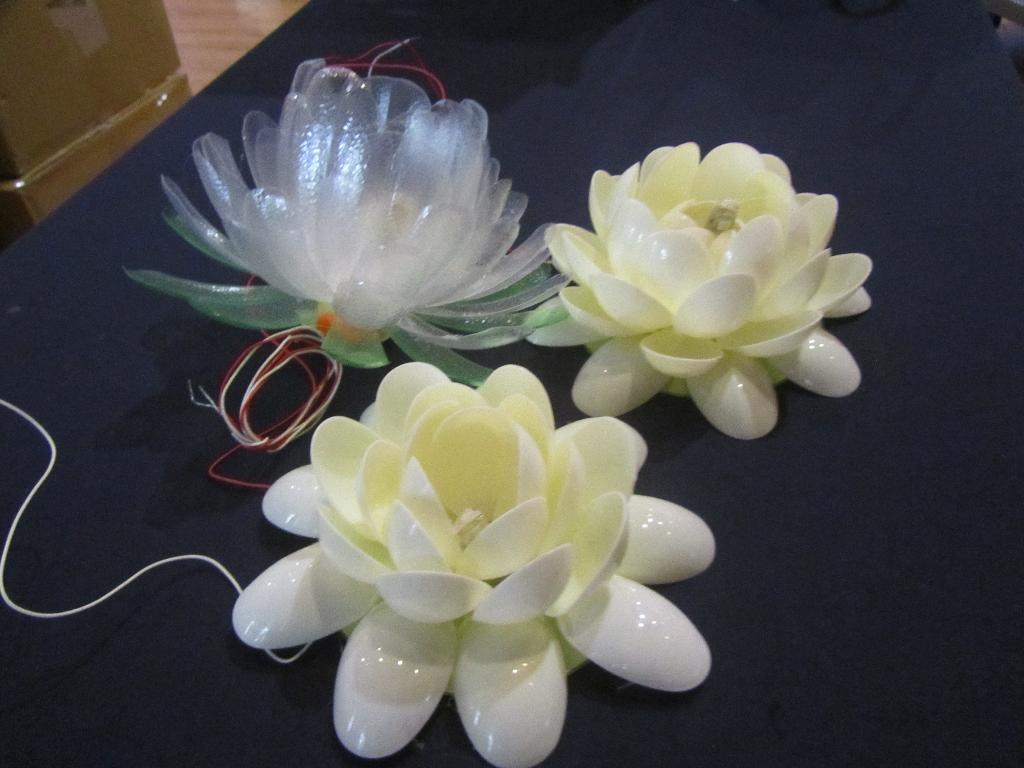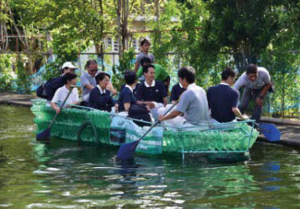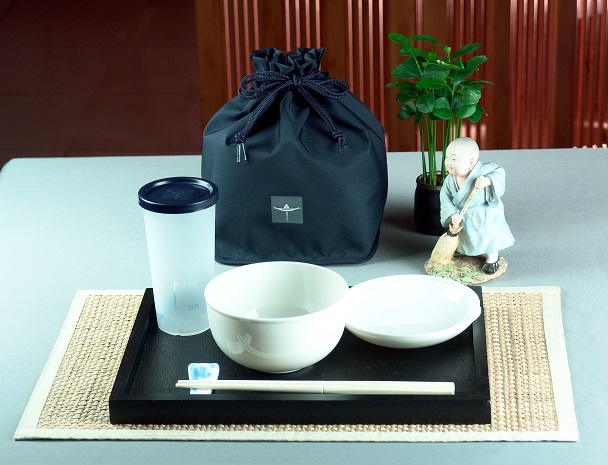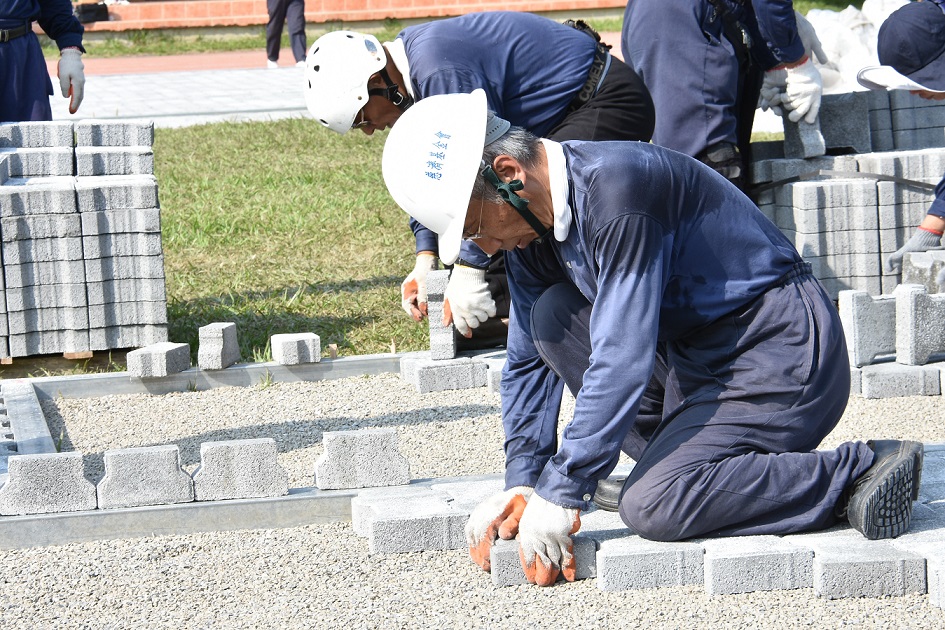Tzu Chi Q&A
A Glimpse into the Missions and Spirit of Tzu Chi
Walk gently so as not to hurt the earth.
This is how we should cherish the land we live on.
1. When did Tzu Chi start promoting environmental protection?
In August 1990, Master Cheng Yen was invited to give a speech in Taichung, central Taiwan. When she was there, she passed through a street littered with trash everywhere and became very concerned about the environment of Taiwan. During her speech later that day, when being constantly interrupted by applause, Master Cheng Yen thought of the trash-strewn street she saw earlier and took the chance to encourage the audience to collect recyclables from trash with the hands they were applauding her with. A woman took her words to heart and started collecting recyclables and encouraging her neighbors to do the same. Her example inspired many Tzu Chi volunteers across Taiwan to follow suit, setting forth Tzu Chi's effort in environmental protection.
2. How many recycling stations and recycling volunteers does Tzu Chi have?
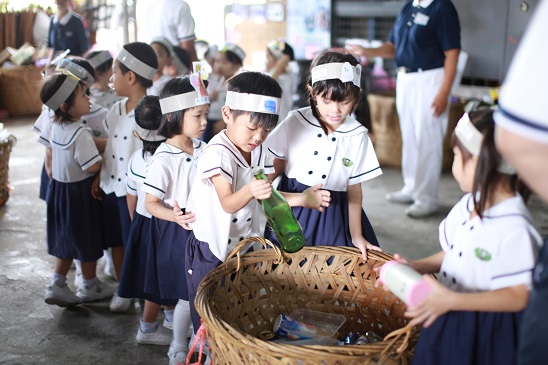
Students from Tzu Chi's kindergarten in Penang, Malaysia visit a recycling station to learn how to sort recyclables. (Lin Jun-ye)
As of 2019, Tzu Chi had 112,016 recycling volunteers as well as 532 recycling stations and 10,012 recycling points in 19 countries and regions around the globe.
Tzu Chi's recycling stations welcome schools, businesses, or government agencies to organize trips for their students or employees to learn more about environmental protection and experience sorting recyclables firsthand.
3. How many recyclables do Tzu Chi volunteers collect a year?
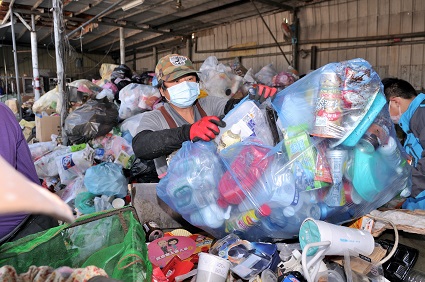
After the Chinese New Year, a Tzu Chi recycling station in Douliu, Taiwan is swamped with recyclables produced over the holidays. (Zhang Guo-hui)
Take Taiwan for example, in 2019 alone, Tzu Chi's recycling volunteers collected over 81,830 metric tons of recyclables, including paper, glass, iron, aluminum, copper, plastics, second-hand clothing, and so on.
If recycling 50 kg of paper can save a 20-year-old tree, then Tzu Chi volunteers in Taiwan have saved more than 28 million big old trees by recycling over 1.4 million metric tons of paper over the past 20 plus years.
4. What do Tzu Chi volunteers do with the recyclables they collect?
Tzu Chi volunteers will first clean and sort the recyclables by material. If the recyclables cannot be used again, the volunteers will sell them to professional recyclers. For recyclables that can still be used, they will make the best of them. For example, they make patchwork handbags or trinkets with clothing items that can no longer be repaired. For 2020 Taiwan Lantern Festival, they make lotus flowers with used disposal spoons and recycled PET bottles. They also turn the canopies of broken umbrellas into aprons, capes, or ponchos, sew advertising flags into grocery bags, and use recycled cans, bottles, newspaper, etc. to make items to be displayed at Tzu Chi's exhibitions on environmental protection.
Tzu Chi volunteers in the Philippines once used 1,138 plastic bottles to make a lifeboat, while the volunteers in Taiwan also made a lifeboat with Styrofoam to deliver relief supplies to people in areas affected by flooding.
|
Tzu Chi volunteers in Zhanghua, Taiwan make baskets and containers out of used plastic strapping belts. (Chen Meng-xi) |
For 2020 Taiwan Lantern Festival, Tzu Chi volunteers make lotus flowers with used disposal spoons and recycled PET bottles. (Lai Xiu-duan) |
Tzu Chi volunteers in the Philippines try out a lifeboat built with over 1,000 recycled PET bottles. (Wang Su-zhen) |
5. What do Tzu Chi volunteers in Taiwan do with all the PET bottles they collect?
Tzu Chi volunteers will clean and sort the PET bottles by color before sending them to the non-profit DA.AI Technology to process and spin into yarn, which is then woven into fabric for making various products, including clothing items and thermal blankets for Tzu Chi to give out to those in need or affected by disaster. Many of the products are available for sale, with all proceeds donated to Tzu Chi.
For the number of PET bottles needed to make a product, please see the table below:
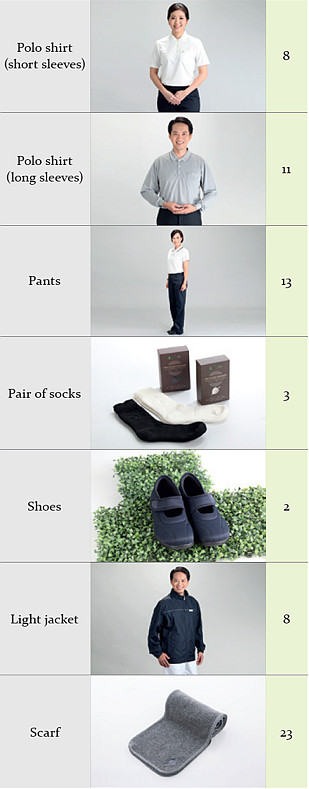 |
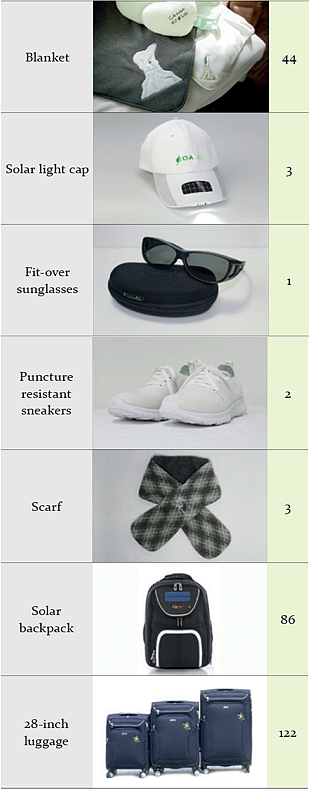 |
6. What do Tzu Chi volunteers do with the unwanted items, such as furniture, people bring to Tzu Chi's recycling stations?
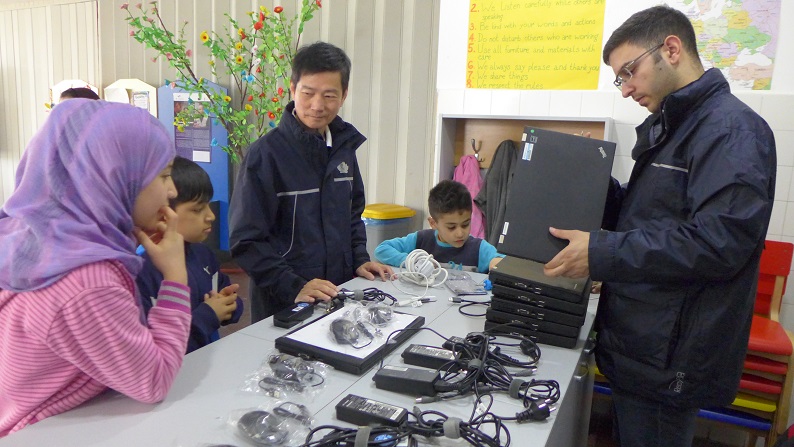
Tzu Chi volunteers in Europe help to set up used laptops donated by Delta Electronics, a Taiwanese company, to Syrian refugees stranded in Serbia. (Yang Mei-rong)
In an effort to help conserve the Earth's resources, Tzu Chi volunteers do their best to reuse, reduce and recycle. If the items people discard, such as furniture, clothing, gadgets, or electronic devices, are still usable, Tzu Chi volunteers will examine them carefully and repair the broken parts to make sure they are in good shape and can be shared with people in need, such as Tzu Chi's aid or care recipients. If the discarded items are unusable, the volunteers will tear them apart and sort the disassembled parts by material.
7. How are the proceeds from selling recyclables used?
In Taiwan, the proceeds fund Da Ai TV. In Malaysia, they support Tzu Chi's free dialysis centers there. In China and many other countries, the money is used to help people in need, such as the poor or students from impoverished families.
8. Apart from recycling, what else does Tzu Chi do to help protect the environment?
|
In an effort to reduce carbon emissions, Tzu Chi volunteers use public transportation and carpool as much as possible. They also promote vegetarianism and bring their own eating utensils instead of using disposable ones when eating out. To raise environmental awareness, the volunteers often organize talks on environmental issues, beach and mountain cleanups, and tree-planting activities. Most of Tzu Chi's buildings have rainwater collection systems and solar panels, and the grounds are paved with interlocking bricks, instead of concrete or asphalt, on top of gravel so rainwater can seep into the earth. |
Tzu Chi members use reusable eating utensils instead of disposable ones to help reduce the amount of waste created after each meal. (Gu Ting-he) |
Most of the buildings Tzu Chi builds are paved with interlocking bricks on top of gravel so rainwater can seep into the earth. (Yan Ren-peng) |
9. Apart from Tzu Chi volunteers, who else are helping with Tzu Chi's recycling work?
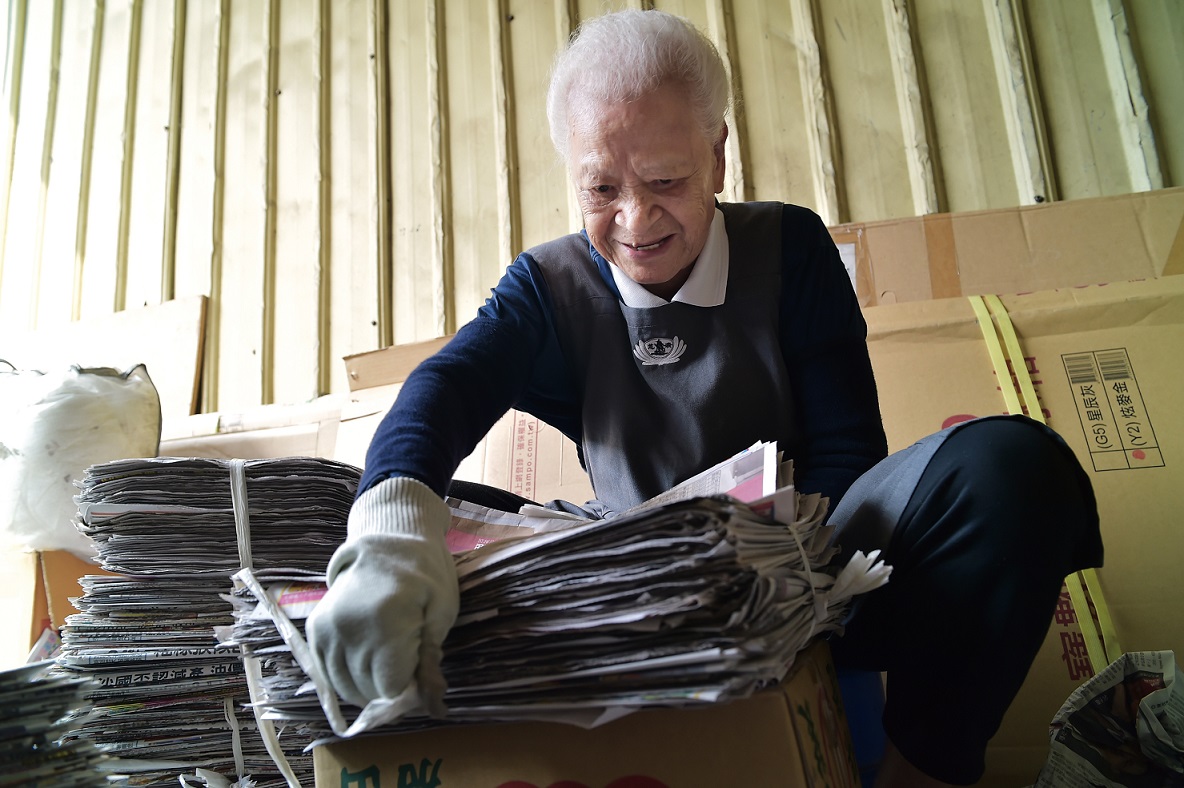
Despite being over 100 years old, Huang Cai Kuan in Zhanghua, Taiwan still does recycling work as it helps her stay fit. (Qiu Xiang-shan)
Take Taiwan for example. Tzu Chi's recycling volunteers come from all walks of life—entrepreneurs, government officials, foreign government representatives stationed in Taiwan, school children, the elderly who don't want to sit home and idle their time away, ordinary people who want to do their part to protect the environment, as well as Tzu Chi's aid or care recipients who have been inspired to give by Tzu Chi volunteers' love.
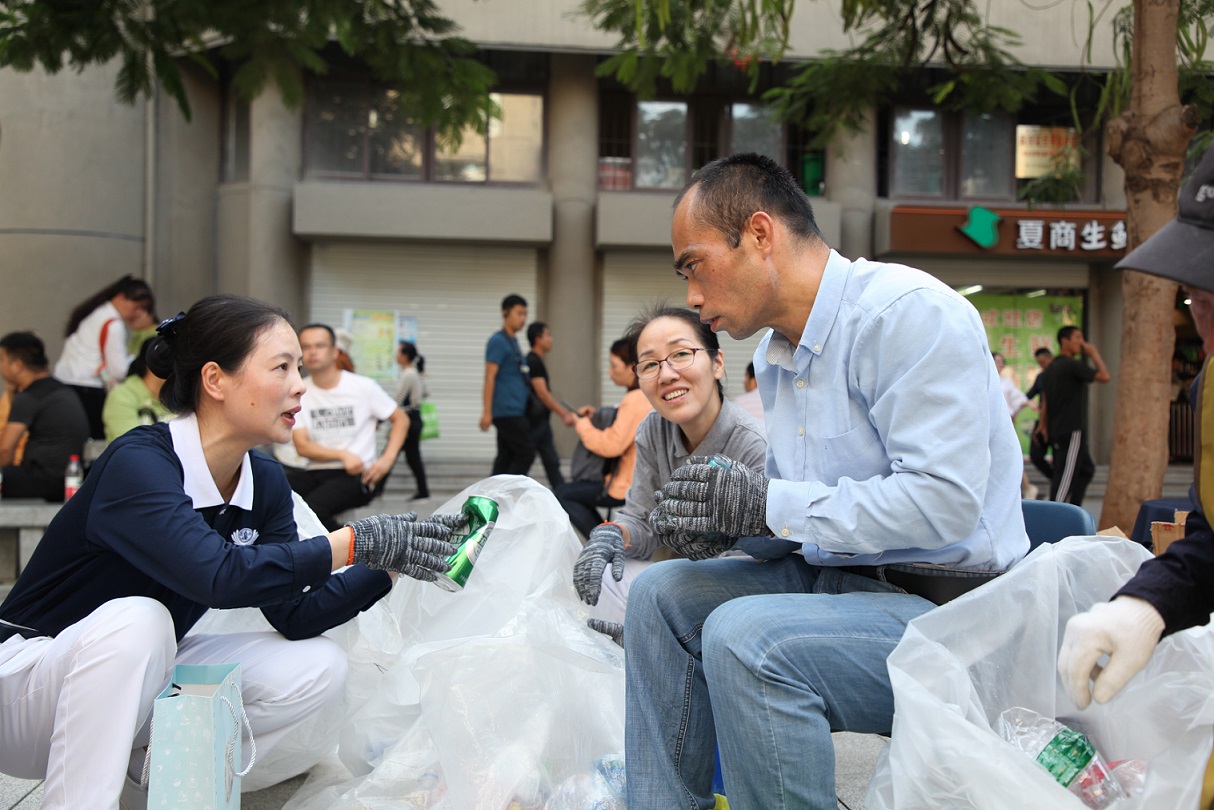
With Tzu Chi volunteers' support, a man in Xiamen, China who had shut himself off for over 20 years due to a mental condition is now a Tzu Chi recycling volunteer. (Pan Jianjia)
The recycling volunteers care for one another like family. They encourage and support one another, especially those who had once gone astray or those who are recovering from mental conditions. Through volunteering at Tzu Chi's recycling stations, they are given a chance to interact with others and gradually open their hearts. To these volunteers, they are not only doing physical recycling to help safeguard Mother Earth, but also spiritual recycling to purify their hearts and minds.
Contact Us | Plan a Visit | Donate
8 Lide Road, Beitou 11259, Taipei, Taiwan
886-2-2898-9999
005741@daaitv.com
©Tzu Chi Culture and Communication Foundation
All rights reserved.

